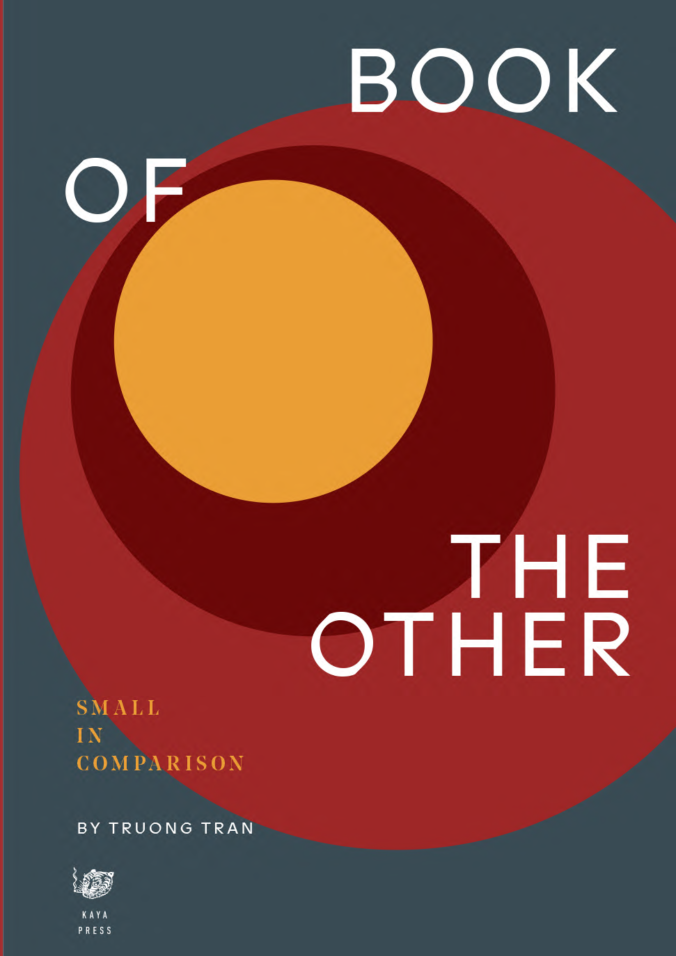
Written by Stephen Hong Sohn
Edited by Uttara Rangarajan
I’ve been meaning to review Sangu Mandanna’s A Spark of White Fire (Sky Pony, 2018) for some time, as I’ve read it quite awhile ago, but haven’t sat down to write it out. In any case, this one is really an action-packed, fun installment loosely based on both Indian epics and Greek mythology. The marketing description can be found here: “In a universe of capricious gods, dark moons, and kingdoms built on the backs of spaceships, a cursed queen sends her infant daughter away, a jealous uncle steals the throne of Kali from his nephew, and an exiled prince vows to take his crown back. Raised alone and far away from her home on Kali, Esmae longs to return to her family. When the King of Wychstar offers to gift the unbeatable, sentient warship Titania to a warrior that can win his competition, she sees her way home: she’ll enter the competition, reveal her true identity to the world, and help her famous brother win back the crown of Kali. It’s a great plan. Until it falls apart. Inspired by the Mahabharata and other ancient Indian stories, A Spark of White Fire is a lush, sweeping space opera about family, curses, and the endless battle between jealousy and love.”
What is really unique about this version of revising myths and epics is that that it’s primarily constituted through a kind of science fiction environment. Indeed, the sentient warship is one of the most intriguing elements of this plot. Of course, there’s much political intrigue in this narrative, as Esmae’s return pushes her to consider where her loyalties might lie. With a ton of action sequences and the complications of political gamesmanship, Mandanna’s first installment is well worth a read, especially for YA fans.
Buy the Book Here


